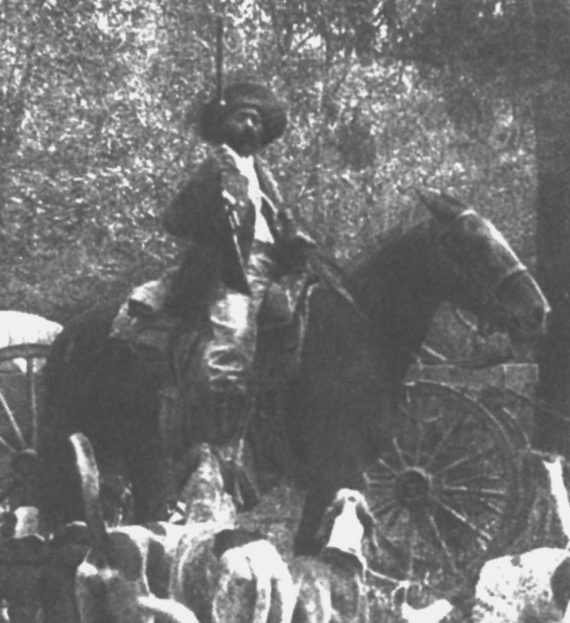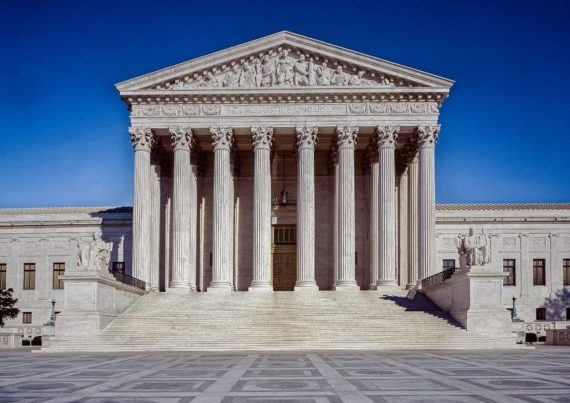
One argument used by those wanting to remove Confederate statues is that contemporary blacks had little chance to oppose them when they were erected. Aside from anecdotal evidence that blacks joined white crowds to observe the dedication ceremonies, one example in Mississippi provides undeniable evidence of explicit high-level black support. In 1890 the Mississippi legislature voted on a bill to appropriate $10,000 for a Confederate monument. The vote in the lower chamber was 57-to-41 in favor. All six black representatives voted “yea.” One, John F. Harris, made a supporting speech excerpted below prior to the vote:
Mr. Speaker! I have risen here in my place to offer a few words on the bill…I was sorry to hear the speech of the young gentleman from Marshall County. I am sorry that any son of a soldier should go on record as opposed to the erection of a monument in honor of the brave dead.
And, sir, I am convinced that had he seen what I saw at Seven Pines and in the Seven Days’ fighting around Richmond, the battlefield covered with the mangled forms of those who fought for their country and for their country’s honor, he would not have made that speech….When the news came that the South had been invaded, those men went forth to fight for what they believed, and they made no requests for monuments…But they died, and their virtues should be remembered.
Sir, I went with them. I too wore the gray, the same color my master wore. We stayed four long years, and if that war had gone on till now I would have been there yet….I want to honor those brave men who died for their convictions.
When my mother died I was a boy. Who, Sir, then acted the part of a mother to an orphaned slave boy, but my old missus? Were she living now, or could speak to me from those high realms where are gathered the sainted dead, she would tell me to vote for this bill. And, Sir, I shall vote for it. I want it known to all the world that my voice is given in favor of the bill to erect a monument in honor of the Confederate dead.”
Harris was about thirty years old when he went off with his master to fight on the side of the Confederacy. After the War he studied law at the offices of Percy and Yerger in Greenville, Mississippi. The firm’s co-founder was William Alexander Percy, a former Confederate Colonel. In 1867 Percy successfully defended ex-slave, Holt Collier, who had been accused of murdering a federal officer.
Holt fought as a Confederate sharpshooter during the War and later was a guide for Theodore Roosevelt when the President visited Mississippi on a bear hunt in 1902. When word got out that Roosevelt declined to shoot a bear that Holt had trapped for him, a toy manufacturer started mass producing stuffed bears for infants. He named them Teddy Bears.
Percy’s son (LeRoy) fathered a second William Alexander Percy who authored Lanterns on the Levee in 1941. When future novelist and physician Walker Percy was orphaned at age fifteen in 1931 he went to live with the second W. A. Percy. While in Greenville, Walker became best friends with high school classmate Shelby Foote who had been fatherless since age five. During the next three years the two youths were treated like nuclear family in the W. A. Percy household. The patriarch became a mentor to both. Later, Walker won the National Book Award for The Moviegoer while Shelby became best known for his three volume Civil War narrative.






